The violinist speaks about her debut album, which features short works chosen to mirror the passing of a day
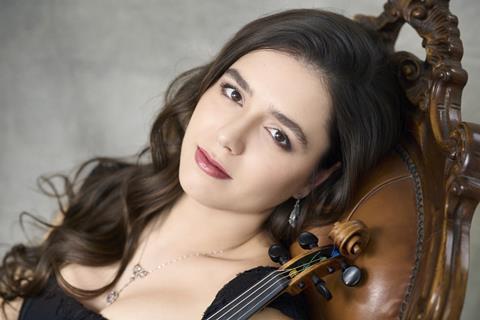
Read more Featured Stories like this in The Strad Playing Hub
My album Lumière du Temps invites listeners into the musical landscape of the Belle Époque, often referred to as a golden era for the arts, brought to life through the sound of a 1709 Antonio Stradivari violin, crafted during the luthier’s legendary Golden Period.
The programme unfolds like a single day, beginning with Edward Elgar’s Chanson de Matin (Morning Song), Op.15 No. 2, a graceful miniature composed around 1889-90. Often seen as the brighter companion to the more reflective Chanson de Nuit, this piece sets a delightful tone for the morning with its delicate charm. Elgar himself described it as a ‘cheerful’ piece in a note to his publisher, and it indeed glows with the freshness of early light, as if capturing a breeze of morning optimism and transforming it into sound.
The central hours unfold with intimate pieces by Alfredo D’Ambrosio, a Neapolitan-born violinist-composer who studied in London before settling in Paris, where he was celebrated in the salons of the Belle Époque for his lyrical musical sketches that evoke the atmosphere of private gatherings, whispered conversations, and romantic reveries. His Canzonetta, Berceuse, the two Romanzas, Rêverie, Aveu, and La Route form the emotional core of this album that feels almost like diary entries, delicate portraits in sound, full of charm and expressive nuance.
Playing these pieces, I found myself immersed in their intimate moods, as if stepping into the salons where they first came to life. Each belongs to a popular miniature genre of the time: the berceuse, a gentle lullaby; the rêverie, a dreamlike meditation; the aveu, a personal confession; and the romanza, a lyrical song without words.
As the sun begins to set, the music turns eastward, catching the twilight glow of another cultural world touched by the spirit of the salon. Sergei Rachmaninov’s 2 Morceaux de Salon, composed when he was just 20, capture both the youthful lyricism and emotional depth that would come to define his voice. The tender Romance offers a moment of introspection, music that seems to flicker like candlelight, while the spirited Danse Hongroise bursts with rhythmic vitality and brilliance. Though written far from Paris, these pieces echo the same elegance and expressive immediacy that made salon music so beloved.
As evening deepens, Edward Elgar’s Romance Op.1, one of his earliest published works, brings with it a tender melancholy and lyrical warmth, like a glance in the mirror at the end of a long day. As I interpreted this piece, I felt its quiet reflection deeply, an invitation to slow down and listen closely. This piece leads naturally into Claude Debussy’s Valse Romantique, heard here in a graceful transcription for violin and piano. Originally written for solo piano, this waltz lingers gently between dream and memory, light and shadow, music that seems to move through perfumed rooms and fading reflections.
The voice of evening becomes unmistakably feminine in Nocturne and Cortège by Lili Boulanger, a French composer and musician whose life was heartbreakingly brief. In 1913, at just 19, she became the first woman to win the prestigious Prix de Rome composition prize. These miniatures capture the fleeting poetry of dusk, blending Impressionist colours with emotional intimacy. Brief and radiant, they speak in a voice at once delicate and spirited, like the shimmer of silk just as night begins to fall. Unmistakably modern, they offer a glimpse of tomorrow on the horizon.
The album closes as it began, with Edward Elgar. Chanson de Nuit was originally composed under the title Evensong, and though Elgar suggested Vespers as an alternative, it was published under the French title to better suit the tastes of the time. This tender counterpart to the opening Chanson de Matin brings a sense of calm and closure, like a softening of the light.
Finally, Adieu, in Joseph Szigeti’s graceful arrangement for violin and piano, offers the quietest of farewells, not just the goodnight of a day but a farewell to an era. Its last notes fade like twilight into darkness. As I played and recorded this piece, I felt deeply that what remains after the final note fades is more than music. It is a feeling, a presence, a sense of having wandered, for a moment, through another world.
Lumière du Temps is released on Orchid Classics on 17 October 2025.

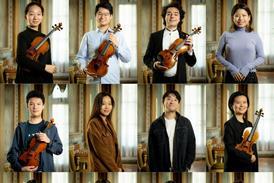
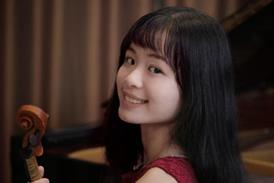
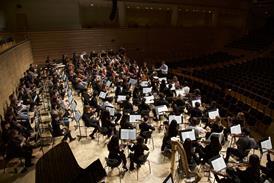
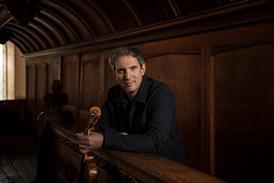
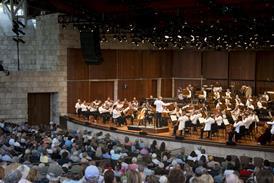
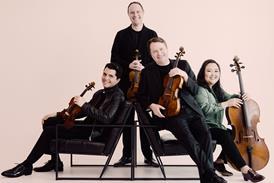


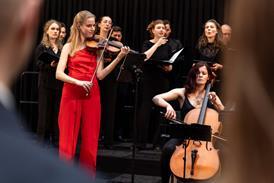
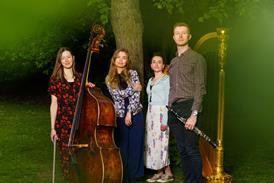

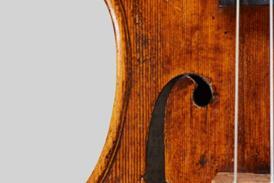
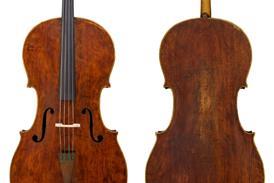
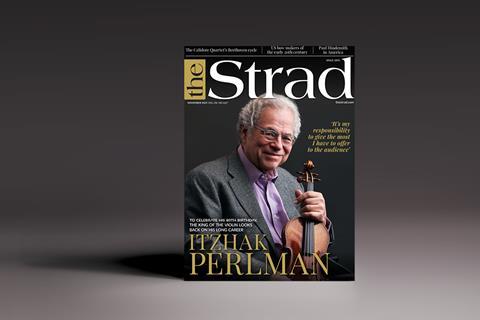




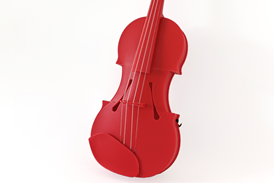
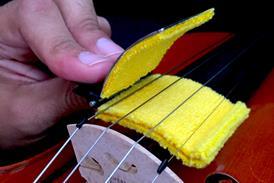




















No comments yet